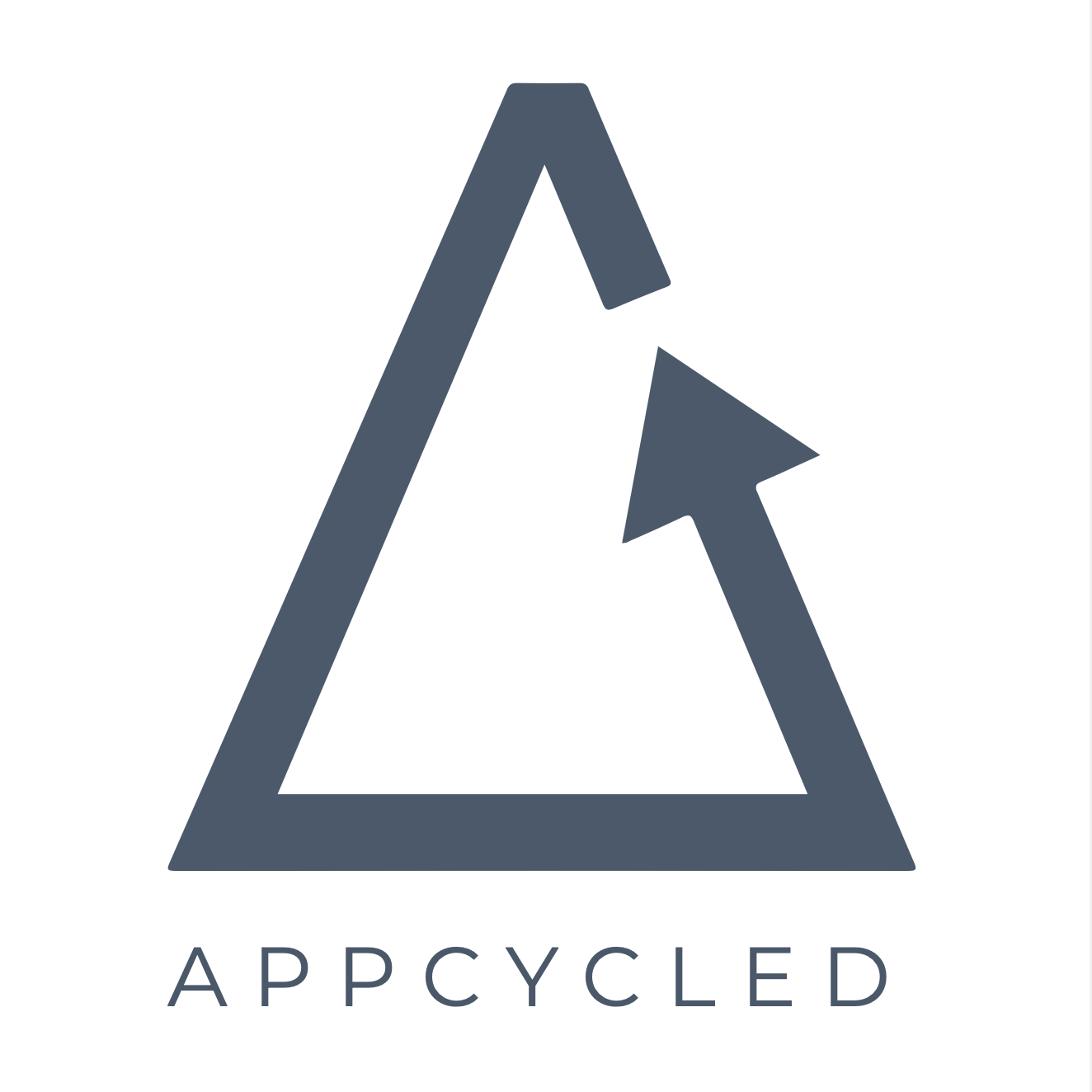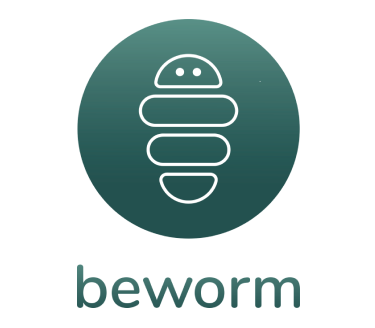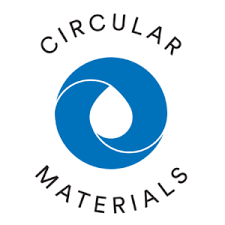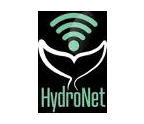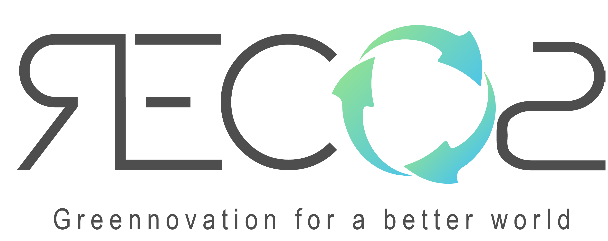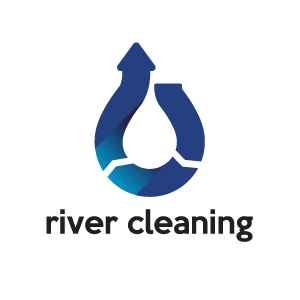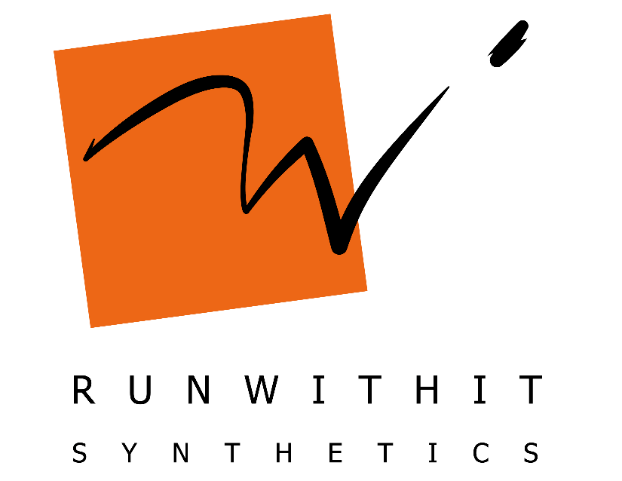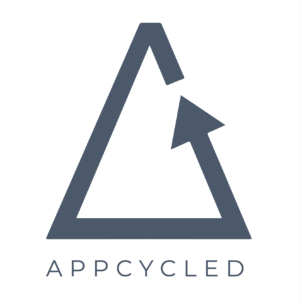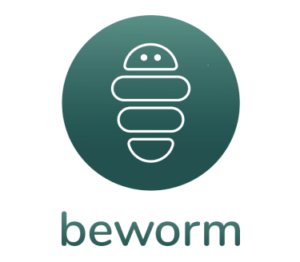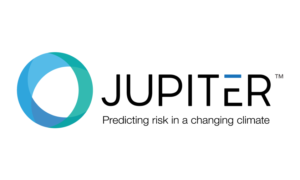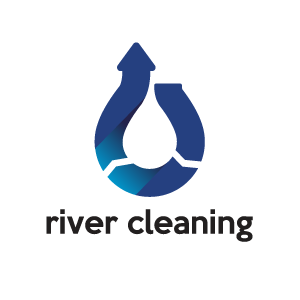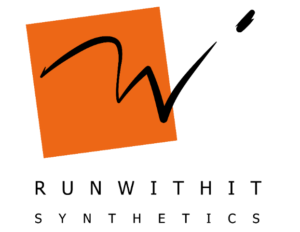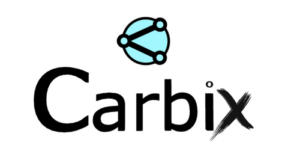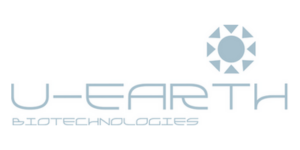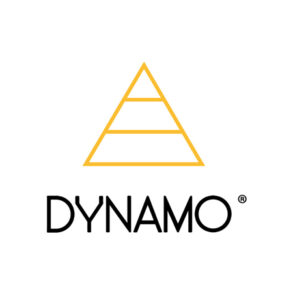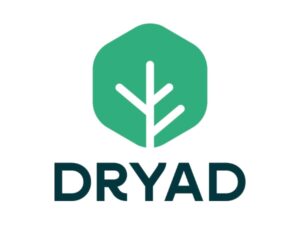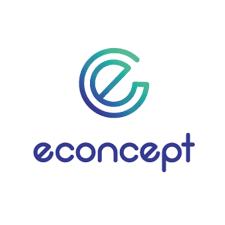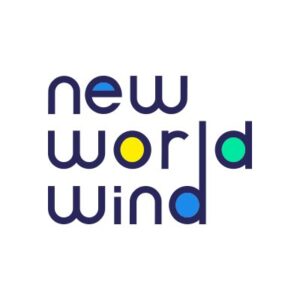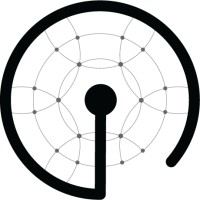Co-Innovation Program
Climate Change &
Climate Change &
Circular Economy
VeniSIA Co-Innovation Program on Climate Change & Circular Economy scouts business ideas and technology solutions for Corporate Partners and develops innovative POCs to meet the Partners’ sustainability challenges.
Benefits for
start-ups

Co-Working spaces

Contribution for living expences (i.e. housing & food)

Mentoring & Strategic Advice

International visibility

Possibility to develop a POC with corporate partners

Networking with startups, corporations, mentors and investors

Potential collaborations with corporations

Introduction to strategic partners

€20k money price for each finalist (1 finalist p/partner)

Demo Day

Co-Working spaces

Contribution for living expences (i.e. housing & food)

Mentoring & Strategic Advice

International visibility

Possibility to develop a POC with corporate partners

Networking with startups, corporations, mentors and investors

Potential collaborations with corporations

Introduction to strategic partners

€20k money price for each finalist (1 finalist p/partner)

Demo Day
Program Phases
Opening of the Call for Startups & ideas
April 13th 2023
Closure of the Call for Startups & Ideas
Selection of Startups and Legal Admission to the Program
June – October 2023
Program Kick-off
Start of POCs
Final Demo Day
Program Phases
Opening of the Call for Startups & Ideas
April 13th 2023
Closure of the Call for Startups & Ideas
May 31st 2023
Selection of Startups and Legal Admission to the Program
June – October 2023
Program Kick-off
November 1st 2023
Start of POCs
January 1st 2024
Final Demo Day
April 2nd 2024
2023 Edition
The 8 Sustainability Challenges
1. Sustainable mobility
- a.New biofeedstock
- b.Alternative processes for the production of advanced biofuels
- c.MaaS
- d.AI and Big Data to enable a seamless travel experience in a multimodal transportation world
2. Environment protection
- a.CO2 capture solutions and CO2 usage in added-value products
- b.Water monitoring, water pollution monitoring, advanced water treatment, analysis solutions (e.g.: desanding, deoiling, advanced desalination)
- c.Soil bioremediation solutions
- d.Artificial Intelligence algorithm able to create a 3D/4D model of underground reservoirs to increase the efficiency of geothermal operations
3. Agritech
- a.Agri-waste valorization solutions
- b.Biofeedstock complements (e.g.: biofertilizers)
4. Renewable energy
- a.Solar energy solutions
- b.Energy storage solutions: Innovative, safe, and stable solutions for long-term energy storage to be integrated into renewable plants; thermal storage
- c.Battery recycling / repurposing solutions
- d.Innovative and disruptive components and materials for energy distribution and grids components
- e.Innovative and disruptive solutions for electricity transport able to replace or improve the existing technologies used so far in Medium Voltage and Low Voltage with particular attention to sustainability aspect and efficiency increase
5. Sustainable fashion
- a.Local Empowerment & Stakeholder Engagement: Engage customers and society to lead a sustainable life and share value for the whole ecosystem
- b.Circular and Sustainable Resources: Reverse climate change by leveraging circular or bio-based raw materials of clothes
- c.Sustainable packaging: Reusable or bio-based packaging to replace mostly plastic and create circular reuse of resources
- d.Sustainable Business Models: Business Model Innovation to generate value for stakeholders, without draining resources that help to create it
6. Circular economy
- a.Industrial symbiosis (wastes or by-products of an industrial process become the raw materials for another)
- b.Feedstock/Raw material and recycling materials
- c.New innovative & circular materials for Wind turbine and PV module structures
7. Smart cities & communities
- a.Connected roads & connected ports
- b.People flow analytics
- c.Sustainable, energy efficient and connected buildings (historic, private, corporate)
- d.IOT platforms for sustainable next-generation smart cities (e.g.: energy saving, connected lights, pollution monitoring, …)
- e.Advanced sustainable materials for cities (e.g.: bioplastics for buildings, bioasphalt)
- f.Safer cities (physical security)
- g.Solutions for “circular communities”
- h.Development and digital integration of renewable energy sources
- i.Sustainable innovative digital services (private and public)
- j.From hyper tourism to sustainable tourism
- k.Talent attraction
- l.Digital inclusion (solutions to build a digital and sustainable city for all)
- m.Solutions to foster meetings for the residents of the “Cities of the Future” (e.g.: connecting communities and initiatives)
- n.Urban waste valorization solutions
8. Greener industry
- a.How sustainability becomes an important element in the digitization of company production cycles
- b.Futuristic sustainable production methods in the Food & Beverage sector



